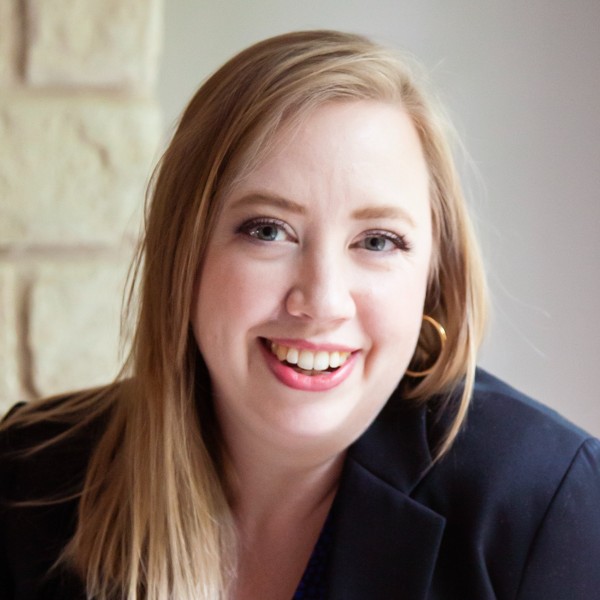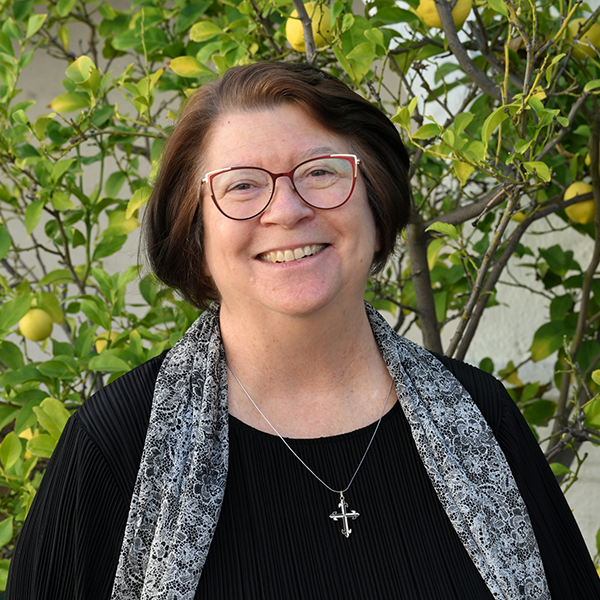When I was young, I learned to pray, “Jesus, Lord, my friend and guide, please be always at my side.” It was comforting to imagine Jesus holding my hand and guiding me on my way so I would never get lost.
As I grew up, the road felt more precarious. I didn’t seem to be able to find a clear guide; there was not a simple fork in the road where I got to choose a sweet, snow-covered lane.
In fact, like many people led to start new ministries, I felt compelled to forge a new path. It began in 1997, when I (and others) took the first steps to found the not-for-profit Magdalene community in Nashville, Tenn., to serve women who have survived lives of addiction, prostitution and trafficking.
We opened up a single home and invited five women to come and live in community at no cost for two years. We didn’t take any public funding and avowed that we wanted to be a witness to the truth that love is the most powerful source of change in the world.
One important part of the early journey was to be clear about the mission. Our model was simple, influenced by the sixth-century Benedictine Rule, grounded in hospitality, reverence and love. As a community, we created 24 spiritual principles for living together and published them in a collaboratively written book, “Find Your Way Home.”
But though the mission felt clear, the path of leading this community felt uniquely narrow and unsure at times.
There have been times I barely navigated the confusion that settled in on me like a thick mountain fog. One of the first residents, Julia, relapsed about 18 months after we opened the program. She fought against the pain and abuse she had suffered, but less than two months after her relapse, she was tortured and murdered by a john in the cab of a semi truck.
It was heartbreaking, and made me question my ability to lead this community. And it wasn’t just Julia’s story that was painful. All the women served by Magdalene had traveled down roads more perilous and broken than I could imagine. On average, the women were first raped between the ages of 7 and 11. They had seen the undersides of bridges, the short side of justice and the backhand of anger long before they saw the inside of prison walls.
The dedication and determination needed to travel this path meant that I had much to learn. I needed to learn to ask for financial and professional help. I needed to work on healing my own woundedness from being sexually abused as a child. I needed to commit more of my life to this calling.
About five years into the work, it was clear that it was time to create another new path. We were growing more concerned about the economic well-being of the women in Magdalene. So we began a social enterprise. Thistle Farms -- named for the tough weed with a beautiful purple flower that the women use to make paper -- produces all-natural bath and body care products to promote healing and offer steady employment.
Starting a business meant that I was on a steep learning curve again. Running a bath-and-body-care company wasn’t what I prepared for in divinity school, and I had to learn about branding, marketing, sustainability and management.
When we first began, for example, I didn’t know that having employee manuals and strict manufacturing procedures would reduce stress in the workplace. I didn’t know how to talk about love and still be seen as relevant in the marketplace.
I now have a clearer lens through which to read the Gospels -- I can read stories like the Good Samaritan and see myself as the guy in the ditch who has been rescued by many good people. The work has also helped me see that the imperative moral issue facing the church is the suffering of others. I can see the stranger as God and feel the transformational power of love.
Learning how to lead a social enterprise and a residential community has been the greatest gift I could have asked for as a pastor, and I didn’t even know I needed to ask for it. I didn’t know that without this work, I would have been lost in my vocation.
The work is not just transforming me and the women I am serving. It is also transforming the wider community. Both the products and the women who sell them are educating others on the myths of prostitution; they are teaching that women do recover, that longer prison sentences and more prisons are not the answer, and that there is a crucial need for more residential communities.
No one does this kind of work alone. To forge new paths in ministry is truly a community endeavor. Throughout the past 15 years, volunteers and staff with needed expertise have repeatedly come along -- often just in time. Right when we needed to expand our line of products, a chemist walked through the door. Just when we sought to gain access to a national chain, I ran into a friend who knew the president of the board!
Residents and graduates of Magdalene help lead the company, as well as learning skills in manufacturing, packaging, marketing, sales and administration. Thistle Farms now has products in 220 retail outlets and serves as a best-practice model in the United States, reminding ministries they can hold tightly to their core values and still be successful as businesses.
We now are hoping to share our expertise to help even more women. This year we have welcomed more than 700 people from around the world into our immersion day programs to show other communities how to replicate our model. We have formal partnerships with four other women’s social enterprises. In the past year, the women stood before audiences at more than 300 events, articulating our mission and courageously sharing their personal stories.
If you visit the 11,000-square-foot manufacturing facility and studio, you will see a communal vision that is still forming. We are only partway down the path, and we pray every day together for the grace to keep walking in community.
I have never found that simple fork in the road that I imagined as a child -- thank God. It has been all the twists and turns that have helped me find the place that feels just right to me. The view from here is breathtaking and fills me with gratitude.












